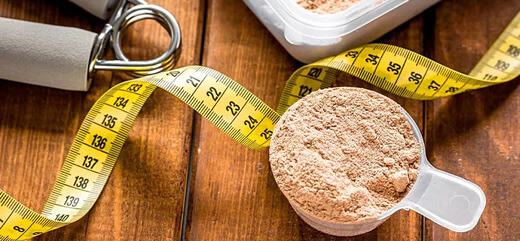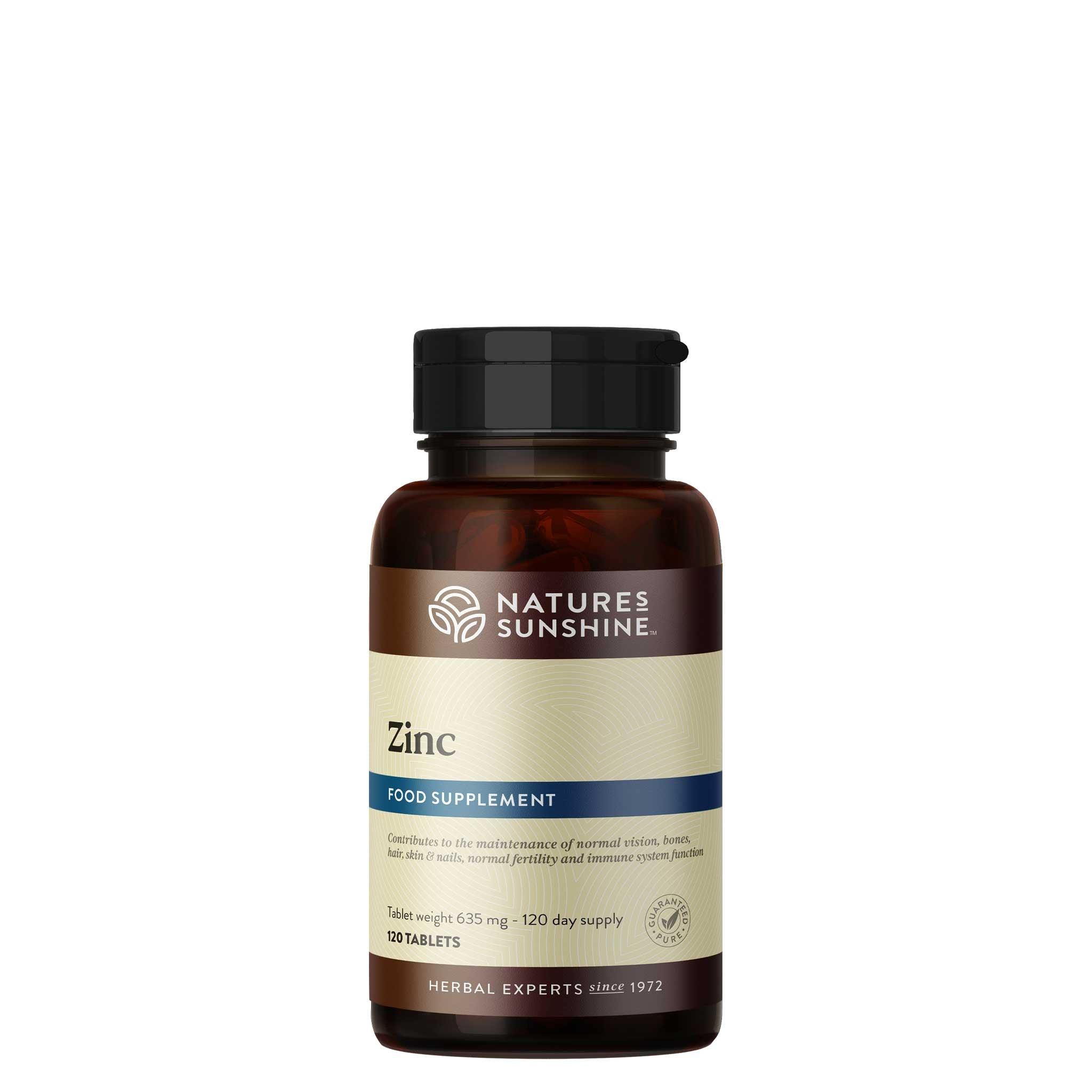
The nights becoming colder and darker, is a sure sign that flu season is upon us. It’s that time of year when many of us are more susceptible to picking up bugs and viruses, from a minor cold or sniffle to a full-blown bout of flu.
And with coronavirus still lurking and more of us getting back to the workplace and out and about, staying healthy and bug-free is more crucial than ever.
So, keeping your immune system in tip-top shape is vital. Whether you’ve been vaccinated against COVID and had an annual flu jab or not, there are a few things you can do to boost your immune system naturally to help you get through this year’s flu season unscathed.
WHAT IS FLU?
At this time of year, many of us pick up minor bugs or viruses, such as colds, coughs or sore throats. They are usually nothing to worry about and work their way out naturally after a few days. However, catching the flu can be a different matter entirely.
The flu – short for Influenza – is a respiratory illness affecting many people each year. Anyone can catch the flu virus, and some suffer more severe symptoms than others. The most common symptoms of the flu include sneezing and a runny nose, body aches, fever, coughing, tiredness and a sore throat. In more extreme cases, sufferers can have difficulty breathing and feel more fatigued. For most sufferers, especially younger people, the symptoms are mild and usually fade within a week. However, flu can be dangerous for older adults and those with underlying health issues.
Around 85% of seasonal flu-related deaths occur in people aged 65 or over. People in this age group are also more at risk of developing flu-related complications like pneumonia. Whether you’re in this group or not, it’s always a good idea to give your immune system a boost to help keep colds and flu at bay.
Here are our top tips…
Strengthen your immune system
Keeping your immune system in tip-top condition is the best natural way to protect yourself against flu, colds and other common bugs and viruses. Your immune system helps your body fight off illnesses and infections and reduces the severity of symptoms if you get sick. While building a robust immune system – through a combination of healthy eating, exercise and good lifestyle choices – takes time, if you need to give it a quick boost, there are a few things you can do. Incorporating more fruit and veg into your diet, including those rich in Vitamin C, Vitamin D and antioxidants, will help prevent the damage caused by oxidative stress.
Topping up on probiotics – from fermented foods like yoghurt, cottage cheese and sauerkraut – will help the natural, healthy bacteria in your gut to thrive and do their job. And limiting the amount of caffeine, alcohol, and processed sugar you consume will put less strain on your immune system, so it can spend more time doing what it’s supposed to in keeping you healthy.
Avoid crowded spaces
Avoiding crowded spaces is something many of us have had to get used to over the past 18 months, thanks to a series of coronavirus lockdowns. However, with things starting to get back to normal, more leisure and hospitality venues reopening, and people returning to work, avoiding crowded spaces can be tricky. Flu can spread quickly in confined spaces. So, just like with COVID-19, if you can avoid confined or crowded spaces and limit contact with people during flu season, it will reduce your risk of catching it.
Wash your hands often
Regularly washing your hands is essential. It’s another vital measure carried over from the coronavirus. Like COVID-19, the flu virus lives on hard surfaces like door handles, light switches, computer keyboards, TV remotes, mobile phones, tabletops, and any items many people handle. If you’re out and about, washing your hands may not always be practical, so carry a small bottle of hand sanitiser in your pocket, which you can use when you’ve come into contact with commonly touched surfaces.
Avoid stress
Stress, anxiety and worry are a huge drain on your mental and emotional health and can also put extra strain on your immune system. If you’re constantly stressed out, your body must work harder to overcome it. Stress promotes a hormonal response in your body, leading to chemical imbalances that affect a wide range of organs and bodily functions. So, taking time to relax and destress will help keep your emotions and hormones in check, lift your mood and take the strain off your immune system. Mindfulness, meditation or yoga, an aromatherapy massage, or a nice, relaxing bath with your favourite essential oils can help you unwind.
Rest up
If you’re looking to strengthen your immune system, then getting plenty of rest, relaxation and sleep is a must. It will give your body the chance to switch off and reset itself, ready for the day ahead. When your body is in its resting state, it enables your immune system and other essential body functions to kick in and do what they need to do to repair damage, fight off infection and keep you strong and healthy.
Get some fresh air
The flu, like most airborne viruses, thrives in stale and stuffy atmospheres. So, if you’re stuck indoors for most of the day, either working from home or in the office, open a couple of windows to let the fresh air circulate. Make sure you take regular breaks away from your desk to go outside and get some fresh air into your lungs. Outdoor activities, such as walking, jogging or cycling, are a great way of getting some fresh air and unwinding after a long day at work.















